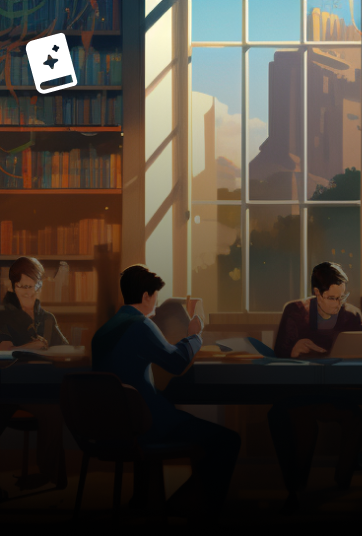george's Books by Status
george's Most Popular Reviews
Like other books by Vonnegut focusing on the war, the humor in this book hits a little differently. As opposed to some of his other books which read to me like humor with bits of serious deep-cutting insight, this doesn't have the same baseline levity. It feels more like a long tragedy with bits of gallows humor paced throughout. Even the more fantastical parts of the story feel more eerie, perhaps because we know we're going to come back to the real world some day to finish living out the rest of the tragedy.
Some of this perspective no doubt comes because this is something like the fifth Vonnegut book I've read (after Galápagos, Breakfast of Champions, Player Piano, Mother Night, The Sirens of Titan) so I have certain expectations that you may not have if you're new to the author. It gave me a similar feeling to reading Mother Night (probably because they both deal with real-life tragedy of WWII), but for some reason I wasn't prepared for that.
Based on what little I had heard about the book (perhaps everybody supposing that it was required reading and I must already have read it), I was expecting something like a gritty memoire. Instead, I got a combination of post-modern framing, fantastical interludes, and humor about tragedy that feels unique to Vonnegut.
Contains spoilers
I couldn't finish The Lifecycle of Software Objects because it was too depressing.
Contains spoilers
Humorous, although generally I found it to be not laugh-out-lout funny. The writing and wrap-up in the last four or five pages are what bring up my rating, though I won't spoil anything. The two authors did a good job keeping a consistent narrative voice throughout, such that I can't guess who wrote what except for a few changes in tone near the beginning. Overall would recommend to fans of Neil Gaiman.
Actually, here's a spoiler:
I went into this with pretty much no idea of what happens in the book, and really enjoyed that much of the beginning is a farcical take on "The Omen". For some reason that was a much-worn VHS tape in our house growing up, so the constant callbacks to the plot of that movie were unexpectedly fun for me.
Sad but hopeful first-person account of a man's experience living on death row for thirty years after being convicted for a crime that he could did not commit.
Good advice for any artist or person who wants to play with art.
Tweedy specifically gives some insight into his "word ladder" and "cut up" exercises for lyric writing and how to pull lyrics out of every encounter you have with words throughout the day.


















